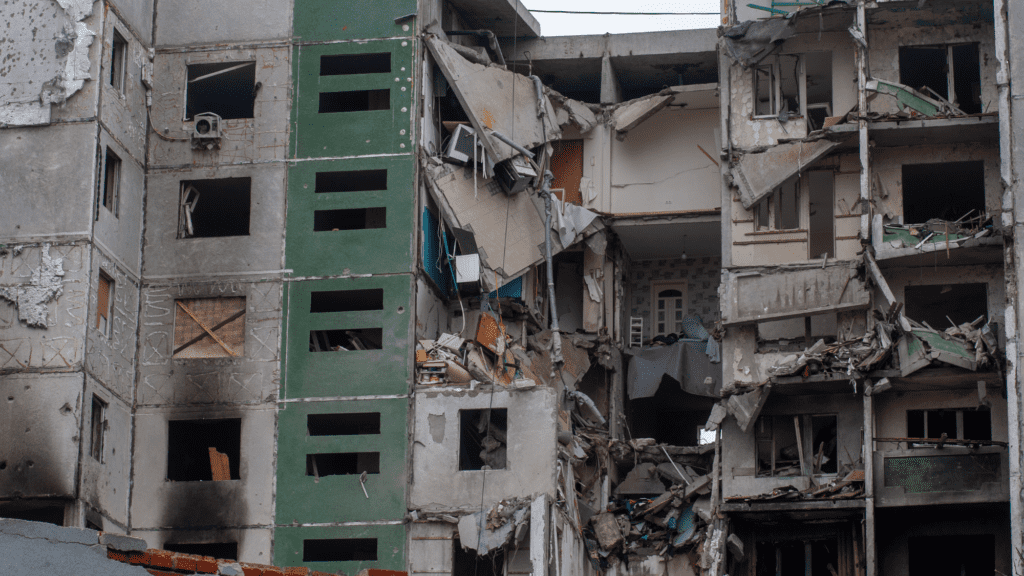War creates no absolutely new situation: it simply aggravates the permanent human situation so that we can no longer ignore it.’ What author C. S. Lewis observed of the world in 1939 is no less true as we scan today’s headlines.
The Russia-Ukraine war has entered its second year. Tensions in the South China sea continue to simmer. We’ve just put $368 billion on our national credit card for some new submarines. And 32 countries around the world are currently engaged in some kind of war or military conflict.
Harvard psychologist Steven Pinker’s utopian diagnosis of a world where conflict is declining, and The Better Angels of Our Nature are winning, seems increasingly dubious.
And conflict isn’t just or even mainly about international politics. Around 1 in 3 primary school children experience bullying at school. More than half of us have had a conflict with a neighbour; and the number of couples considering separation increased by 314% during Covid lockdowns.
From the playground to the defence budget, conflict is everywhere and redemption is elusive.

Oxford philosopher and pioneer of modern liberalism Isaiah Berlin said that different people have such different ideas of what is good, bad, right and wrong that they cannot be compared, let alone evaluated. If Berlin was right, it should come as no surprise that conflict is ubiquitous. After all, conflict begins with different ways of seeing the world.
Our liberalism – like a fatigued locomotive on a steep incline – slows to a moral crawl. When it comes to addressing conflict, it rarely goes further than encouraging us to avoid, manage, or even – if possible – benefit from our disputes.
Chris Voss’ bestselling book Never Split the Difference views conflict as an opportunity to further self-interest. The dispute resolution industry seeks to minimise loss to conflicting parties. The family law system seeks to protect children from the impacts of family breakdowns. Advancement. Resolution. Protection. But the great casualties of conflict – people and relationships – continue to stack up.
Is it too much to hope for wronged parties to be made whole and for relationships to be healed? Is the idea of redemption an idealistic bridge too far? In an increasingly divided and vitriolic world, it sure seems like it.
But here we are again at Easter, a celebration that insists such healing is not only possible but inevitable. Christians continue to hold to the belief that God stepped in, providing a redemptive short-circuit to our conflict-ridden world. That through his death and resurrection, Jesus somehow opened a pathway through which relationships can be healed and conflict can be overcome.
The Easter message claims that there is always hope and that even death is not final.
Our phones are getting faster, our TVs are getting bigger and our whitegoods are getting smarter. But when it comes to manufacturing redemption, we are – it seems – where we’ve always been. We can move on from conflict, but things are rarely as they were and even more rarely as they should be.
Russian journalist Vasily Grossman wrote that the greatest tragedy of war is not the destruction of our cities, but the dead bodies of innocent victims: ‘There is power which can resurrect huge cities from the ashes, but no power in the world is capable of lifting the light eyelashes over the eyes of a dead child.’
The shocking message of Easter is that there is in fact a force powerful enough to, ultimately, raise the eyelids of a dead child. The Easter message claims that there is always hope and that even death is not final. It invites us to be part of a story in which redemption is not a mountain to climb but a gift to receive.
Max Jeganathan is Senior Research Fellow at the Centre for Public Christianity. He served as a political and policy adviser in the Rudd and Gillard Labor Governments and is undertaking a PhD in law on human dignity.